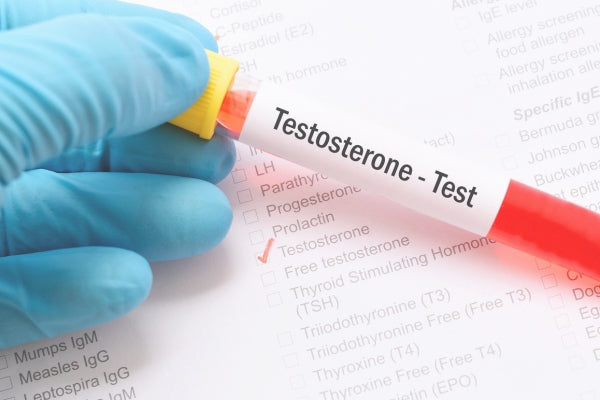

A testosterone test measures the levels of testosterone in your blood and helps determine if they fall within a normal range. This test is especially useful for individuals experiencing symptoms of low testosterone, such as fatigue, low libido, mood changes, or difficulty building muscle.
Blood Sample Collection: A testosterone test typically requires a blood sample. Blood is usually drawn from a vein in your arm, often in the morning when testosterone levels are at their highest.
Types of Testosterone Tested:
Testing Process:
After the test, your healthcare provider will interpret the results and consider other factors, such as age, overall health, and symptoms, before making recommendations. Low levels may indicate testosterone deficiency, while high levels could result from supplements, certain medications, or other health conditions.
If your testosterone levels are outside the normal range, your doctor may discuss options such as lifestyle adjustments, supplements, or, in some cases, testosterone replacement therapy (TRT) to help restore balance.
Share:
Shilajit Capsules – Convenience Meets Efficacy
Testosterone: Everything you need to know